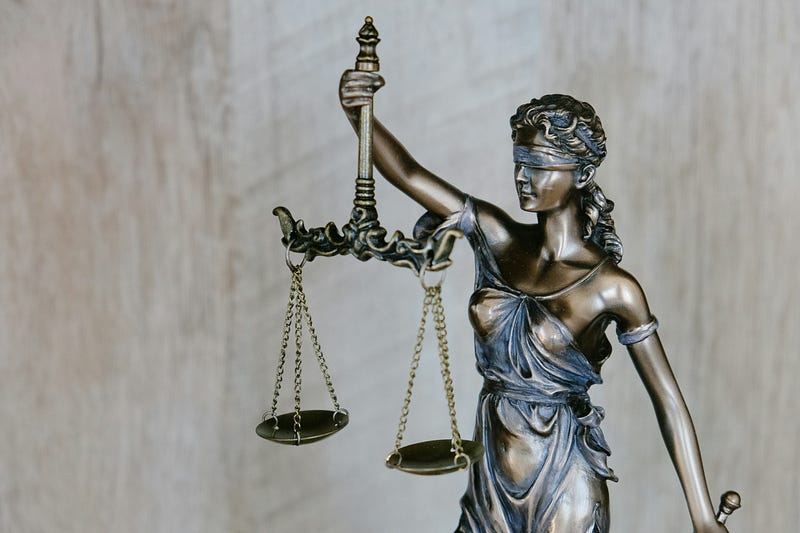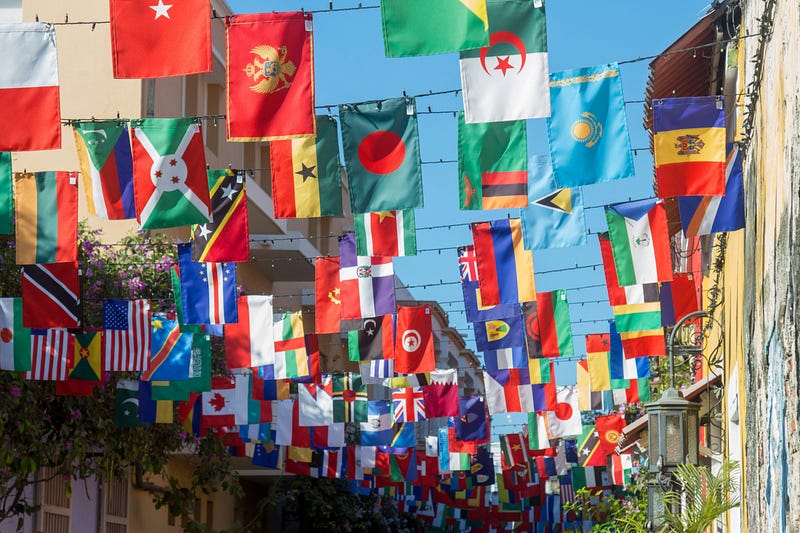Self-Help Gurus: The Fast Fashion of Personal Development
Written on
Chapter 1: The Dangers of Self-Help Influencers
In recent times, I've been contemplating the potential risks associated with placing trust in self-help influencers. With the surge of these figures online, one crucial aspect often overlooked is their lack of necessary qualifications and formal education to substantiate their claims and advice.
When you're feeling stagnant in your personal growth, here are four essential factors to consider when the guidance from these influencer gurus fails to resonate with you.
Legal Accountability
One pressing question arises when self-help advice leads to adverse outcomes: what are the legal implications? If someone suffers mentally or emotionally due to misguided advice, what recourse do they have? Is it possible to take legal action against the influencer? Should these figures carry liability insurance similar to traditional businesses? It’s critical to explore how both consumers and influencers can protect themselves from potential harm, especially when influencers present their insights as universal solutions.
Currently, the system exhibits significant gaps in legal accountability, leaving consumers at risk. Many self-help influencers operate without any formal responsibility, meaning they are not legally liable if their advice results in harm. This creates a precarious situation for consumers who may follow advice that adversely affects their well-being, all while lacking any means of redress for their suffering.

Spiritual Considerations
What deeply concerns me is the holistic nature of our existence — we are physical, spiritual, and psychological beings, all intricately connected. When individuals without advanced degrees in psychology or theology offer self-help advice, they tread on dangerous ground.
What spiritual backgrounds do these self-help influencers possess? Have they faced their own spiritual traumas or had substantial spiritual teachings? This raises an essential question: is the allure of online fame and a substantial following worth the potential harm they could inflict on others?
Influencers often seem to prioritize their online presence over the well-being of their audience, which poses significant risks that may go unnoticed.

The Disconnect of Social Media
Self-help influencers communicate primarily through social media, creating a distance that obscures the immediate consequences of their advice. This separation can prevent them from understanding the negative impacts their guidance may have, which can lead to severe repercussions.
A notable trait shared by both charismatic leaders and certain self-help influencers is charm, which can be a double-edged sword.
Cultural Misinterpretation
One major grievance I have with this genre of influencers is that their messages often reflect a narrow cultural viewpoint, leading to misleading advice that may strip individuals of their cultural identities. A "one-size-fits-all" approach can be dangerous and ineffective.
Different cultures are shaped by unique narratives and traditions that influence their worldviews and spirituality. For instance:

In some cultures, family is prioritized above all else, even at the expense of individual needs, whereas Western societies often emphasize self-care, sometimes at the risk of family bonds. Without a deep understanding of these cultural distinctions, self-help influencers risk offering generic advice that fails to resonate with diverse audiences.
Mass Over-Consumption of Advice
Therapists typically offer personalized, one-on-one support, while self-help influencers often prioritize quantity over quality in their guidance.
These influencers can be likened to fast-fashion brands that mass-produce their content without regard for individual needs, contrasting sharply with the tailored approach of smaller, more thoughtful providers. Cultural practices, such as mourning rituals, are essential for fostering social bonds, and they require sensitive handling by knowledgeable individuals.
Have you ever encountered a micro or macro influencer whose message felt unsettling? That instinct might be your intuition recognizing that self-help gurus are increasingly resembling the archetype of used car salesmen in today’s marketplace.
Chapter 2: The Toxicity of Self-Help Culture
The self-help industry can be detrimental, especially when it promotes unhealthy hustle culture, toxic positivity, and addiction to self-improvement rhetoric.
Exploring the dark side of self-help reveals how these messages can lead to harmful behaviors and unrealistic expectations.
Further, the phenomenon of fake gurus perpetuates this cycle, leading individuals to seek validation from those who may not have their best interests at heart.